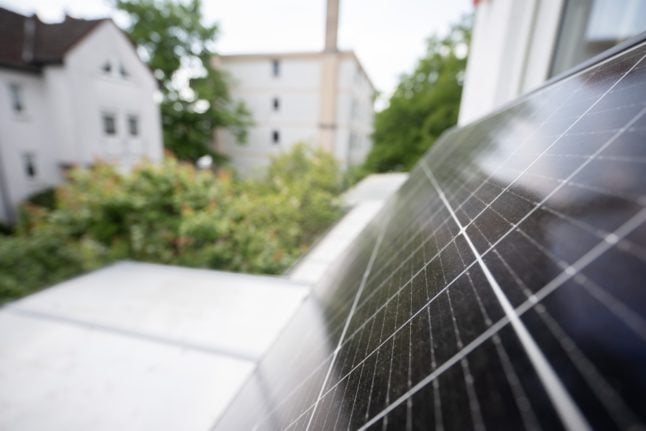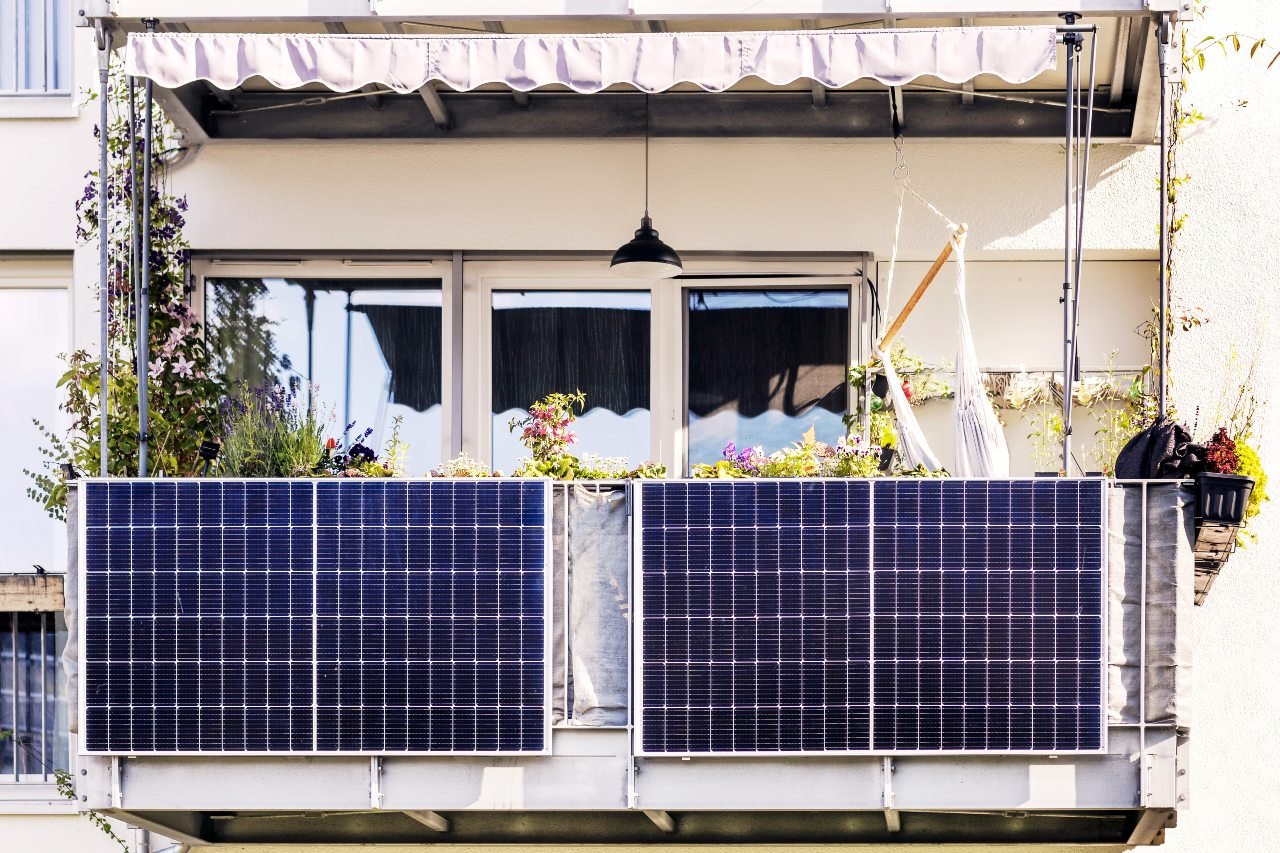The pace of consumer price rises would “increase further over the coming months”, coming in at 8.4 percent for 2022 as a whole, the think tanks said in a joint statement.
Inflation would rise further to 8.8 percent in 2023, driven by the rising price of energy, which has soared in the wake of the Russia invasion of Ukraine, as Moscow has dwindled supplies to Europe.
The think tanks that produced the estimates were the DIW German Institute for Economic Research, the Ifo institute, the Kiel Institute for the World Economy, the Halle Institute for Economic Research and the RWI Leibniz Institute for Economic Research.
In August, inflation in Germany sat at 7.9 percent, with new figures for September set to be published later on Thursday.
The high cost of energy was the main factor “driving Germany towards recession”, Torsten Schmidt, head of economic research at the RWI think tank, said at a press conference.
READ ALSO: Fears of a recession in Germany as business confidence falls
Europe’s largest economy would already shrink over the second half of 2022 “before moving into a recovery phase early next year”, Schmidt said.
The economic institutes almost halved their forecast for growth this year to 1.4 percent from 2.7 percent, as the economy felt the impact of the conflict in Ukraine.
German GDP would subsequently shrink by 0.4 percent in 2023, down from their previous estimate of 3.1 percent growth made in April, before bouncing back to growth in 2024.
The shock currently being suffered by the economy would continue “for a very long time”, Schmidt said.
Forecasters’ worst fears in the event of an early shut-off in Russian gas supplies have not been realised, with Germany building gas reserves which are expected to see it through the winter without acute shortages.
But German growth has stalled, increasing by a fractional 0.1 percent between April and June, while key economic indicators have signalled worse to come with the winter looming.
Consumer confidence, as measured by the pollster GfK, has fallen to an all-time low as households reckon with swelling energy bills and growing inflation.
The prediction made by the German institutes was slightly more optimistic than a forecast earlier this week by the OECD, which predicted that Europe’s biggest economy would shrink by 0.7 percent in 2023.




 Please whitelist us to continue reading.
Please whitelist us to continue reading.
Member comments